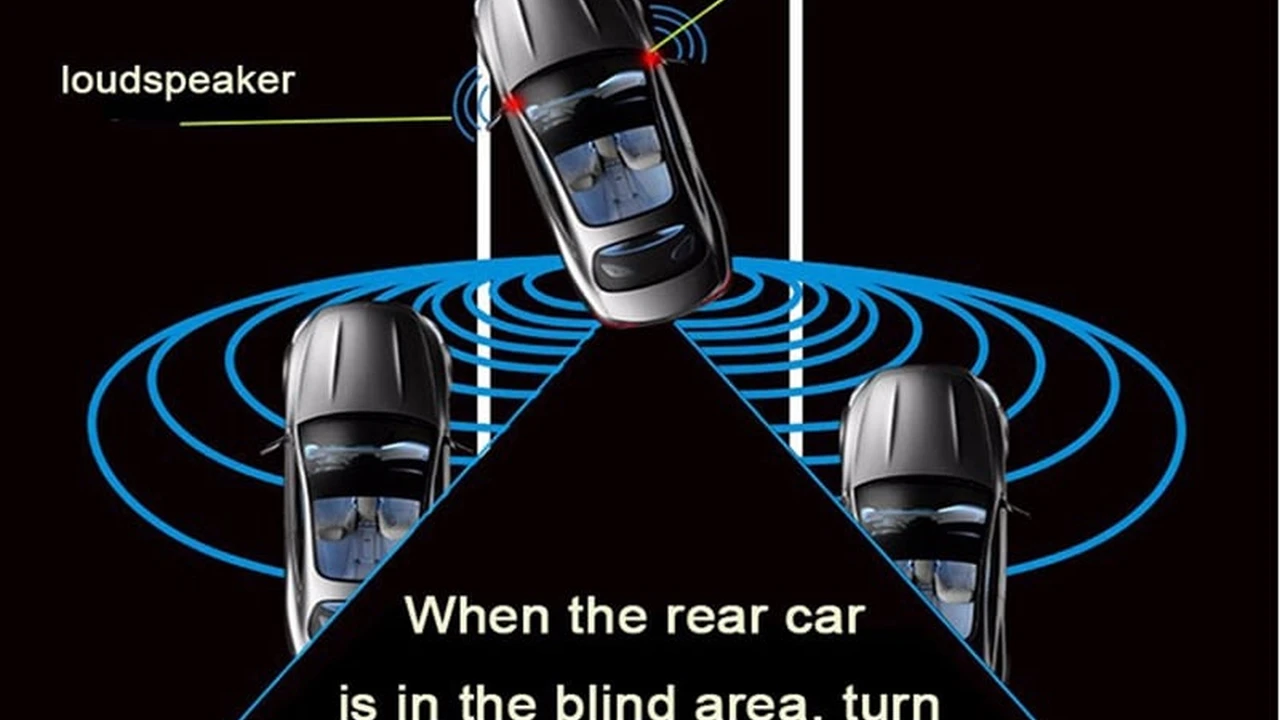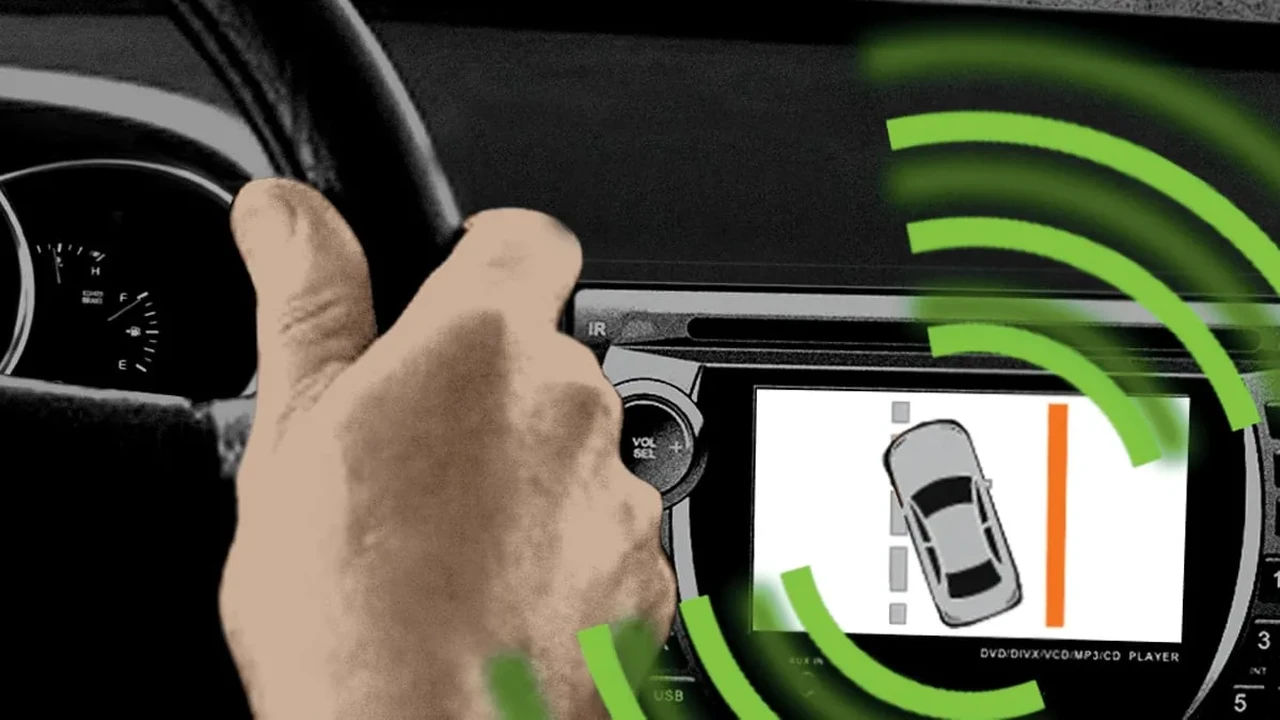The Impact of Driving History on Car Insurance Rates

Understanding How Your Driving Record Affects Car Insurance Premiums
Okay, let's talk about car insurance. It's one of those things we all need, but nobody really loves thinking about. And one of the biggest factors influencing how much you pay is your driving history. Think of it like this: insurance companies are betting on whether or not you're going to get into an accident. The safer you are behind the wheel, the better your odds, and the lower your premiums.
Major Factors Influencing Car Insurance Rates: A Deep Dive into Driving History
So, what exactly goes into your driving history? It's more than just a clean or dirty record. Insurance companies look at a range of factors:
- Accidents: This is the big one. If you've been in an accident, especially if you were at fault, expect your rates to go up. The more accidents, the higher the increase. It makes sense, right? You've proven you're a risk.
- Traffic Violations: Speeding tickets, running red lights, and other moving violations can also impact your insurance rates. Even minor infractions can add up over time. Think of each ticket as a small red flag.
- DUI/DWI: Driving under the influence is a serious offense, and it's going to have a major impact on your insurance rates. In some cases, your insurance company may even drop you altogether. This is a huge, flashing red light!
- Suspended License: If your license has been suspended for any reason, you're going to have a hard time finding affordable car insurance. It signals to insurers that you're not a responsible driver.
- Points on Your License: Many states use a points system to track traffic violations. Accumulating too many points can lead to a license suspension and higher insurance rates.
Accidents and Car Insurance: How Much Will Your Rate Increase?
Let's break down the impact of accidents. The amount your rate increases after an accident depends on several factors, including:
- Severity of the Accident: A fender bender is going to have less of an impact than a major collision.
- Fault: If you were at fault, your rates will likely increase more than if you weren't.
- Insurance Company: Different insurance companies have different policies on how they handle accidents. Some are more lenient than others.
- State Laws: State laws can also influence how accidents affect your insurance rates.
Generally, you can expect your rates to increase anywhere from 20% to 50% after an at-fault accident. Ouch!
Traffic Tickets and Car Insurance: The Cost of Speeding and Other Violations
Traffic tickets might seem like no big deal, but they can definitely impact your car insurance rates. The more tickets you have, the higher your rates will be. Even a single speeding ticket can cause your rates to increase.
Here's a rough idea of how different types of tickets can affect your insurance:
- Speeding Ticket: A speeding ticket can increase your rates by 10% to 20%.
- Running a Red Light: Running a red light can increase your rates by 15% to 25%.
- Reckless Driving: Reckless driving is a more serious offense and can increase your rates by 25% to 50%.
DUI DWI and Car Insurance: The Long-Term Impact of Driving Under the Influence
Driving under the influence (DUI) or driving while intoxicated (DWI) is the most serious driving offense, and it's going to have the biggest impact on your insurance rates. In fact, many insurance companies will refuse to insure you if you have a DUI/DWI on your record.
If you are able to find insurance after a DUI/DWI, expect to pay significantly higher rates. You may also be required to carry SR-22 insurance, which is a certificate of financial responsibility required by some states.
How Long Does a Driving History Affect Car Insurance Rates? Understanding the Look-Back Period
The good news is that your driving history doesn't affect your insurance rates forever. Most insurance companies have a "look-back period," which is the amount of time they consider your driving history when calculating your rates. The look-back period is typically 3 to 5 years, but it can vary depending on the insurance company and the state.
So, if you've had a clean driving record for the past 3 to 5 years, you may be able to get lower insurance rates, even if you had accidents or tickets in the past.
Tips for Improving Your Driving Record and Lowering Car Insurance Premiums
Okay, so you've had a few bumps in the road. What can you do to improve your driving record and lower your car insurance premiums?
- Drive Safely: This is the most obvious one. Avoid accidents and traffic tickets by driving defensively and following the rules of the road.
- Take a Defensive Driving Course: Many insurance companies offer discounts to drivers who complete a defensive driving course. It's a great way to brush up on your driving skills and lower your rates.
- Shop Around: Different insurance companies have different policies on how they handle driving history. Shop around to find the company that offers you the best rates.
- Increase Your Deductible: Increasing your deductible can lower your premiums, but you'll have to pay more out of pocket if you get into an accident.
- Bundle Your Insurance: Many insurance companies offer discounts to customers who bundle their car insurance with other types of insurance, such as homeowners insurance or renters insurance.
Specific Car Insurance Products and Their Features: Tailoring Coverage to Your Needs
Now let's talk about some specific car insurance products that can help you get the coverage you need at a price you can afford.
Liability Insurance: Protecting You From Financial Loss in Case of an Accident
Liability insurance is the most basic type of car insurance, and it's required in most states. It covers the costs if you're at fault in an accident and cause damage to another person's vehicle or property, or if you injure someone.
- Bodily Injury Liability: Covers medical expenses and lost wages for people injured in an accident you caused.
- Property Damage Liability: Covers damage to another person's vehicle or property in an accident you caused.
The minimum liability coverage required varies by state, but it's generally a good idea to carry more than the minimum. Think of it like this: if you cause a serious accident, the costs could easily exceed the minimum coverage, and you'd be responsible for paying the difference out of pocket.
Collision Insurance: Repairing Your Vehicle After an Accident, Regardless of Fault
Collision insurance covers damage to your vehicle if you're in an accident, regardless of who was at fault. This can be a lifesaver if you're in an accident and your car is damaged or totaled.
Collision insurance typically has a deductible, which is the amount you have to pay out of pocket before the insurance company pays the rest. The higher your deductible, the lower your premiums will be.
Comprehensive Insurance: Protecting Your Car From Non-Collision Related Incidents
Comprehensive insurance covers damage to your vehicle from things other than collisions, such as theft, vandalism, fire, hail, and natural disasters. This can be a good option if you live in an area where these types of events are common.
Like collision insurance, comprehensive insurance typically has a deductible.
Uninsured/Underinsured Motorist Coverage: Protecting You From Drivers Without Adequate Insurance
Uninsured/underinsured motorist coverage protects you if you're in an accident with a driver who doesn't have insurance or doesn't have enough insurance to cover your damages. This can be a valuable coverage to have, especially if you live in a state with a high percentage of uninsured drivers.
- Uninsured Motorist Bodily Injury (UMBI): Covers your medical expenses and lost wages if you're injured by an uninsured driver.
- Uninsured Motorist Property Damage (UMPD): Covers damage to your vehicle if it's damaged by an uninsured driver. (Note: UMPD is not available in all states).
- Underinsured Motorist Bodily Injury (UIMBI): Covers your medical expenses and lost wages if you're injured by an underinsured driver (i.e., a driver whose liability coverage is not sufficient to cover your damages).
Comparing Car Insurance Products: Features, Benefits, and Costs
Let's compare some popular car insurance products and their features, benefits, and costs.
Progressive Snapshot: Usage-Based Insurance for Safe Drivers
Progressive Snapshot is a usage-based insurance program that tracks your driving habits and offers discounts to safe drivers. The program uses a device that plugs into your car and monitors things like your speed, braking habits, and the time of day you drive.
- Pros: Potential for significant discounts for safe drivers, helps you become a better driver, easy to use.
- Cons: Your rates could increase if you're not a safe driver, privacy concerns about tracking your driving habits.
- Typical Cost: Varies depending on your driving habits.
- Usage Scenario: Ideal for drivers who are confident in their safe driving habits and want to save money on their insurance.
Allstate Drivewise: Rewards for Safe Driving Habits
Allstate Drivewise is another usage-based insurance program that rewards safe driving habits. Like Progressive Snapshot, Drivewise tracks your driving habits and offers discounts to safe drivers.
- Pros: Potential for discounts for safe drivers, helps you become a better driver, rewards for completing safe driving challenges.
- Cons: Your rates could increase if you're not a safe driver, privacy concerns about tracking your driving habits.
- Typical Cost: Varies depending on your driving habits.
- Usage Scenario: Ideal for drivers who are confident in their safe driving habits and want to save money on their insurance.
State Farm Drive Safe & Save: Personalized Car Insurance Rates
State Farm's Drive Safe & Save is a program similar to Progressive's Snapshot and Allstate's Drivewise. It uses telematics to monitor your driving habits and adjust your insurance rates accordingly. Safe drivers are rewarded with discounts, while risky driving behavior could lead to increased premiums.
- Pros: Offers potential discounts based on driving behavior, promotes safer driving, easy setup using a smartphone app.
- Cons: Requires consistent smartphone usage and data monitoring, potential for increased rates based on driving habits, data privacy concerns.
- Typical Cost: The initial cost is the standard State Farm car insurance premium, which is then adjusted based on driving data.
- Usage Scenario: Suitable for responsible drivers who are comfortable with data tracking and want to save money by demonstrating safe driving habits.
Liberty Mutual RightTrack: Customized Insurance Based on Driving
Liberty Mutual RightTrack is a program that monitors your driving habits through a mobile app or a plug-in device. It assesses factors like braking, acceleration, nighttime driving, and mileage to determine your personalized insurance rate. Safe drivers receive discounts, and unlike some other programs, your rate won't increase based on the data collected.
- Pros: Offers potential discounts for safe driving, no rate increases based on driving data, promotes awareness of driving habits.
- Cons: Requires participation and data tracking, discounts may vary significantly, the app needs to be consistently used for accurate data collection.
- Typical Cost: The initial cost is the standard Liberty Mutual car insurance premium, which can be reduced based on driving data.
- Usage Scenario: Ideal for drivers who believe they are safe and want to be rewarded for it, without the risk of increased premiums.
Understanding Car Insurance Costs: Factors Influencing Premiums
So, what determines how much you'll pay for car insurance? It's not just your driving history. Here are some other factors that insurance companies consider:
- Age: Younger drivers typically pay more for insurance than older drivers because they're considered to be higher risk.
- Gender: Men typically pay more for insurance than women, especially younger men.
- Location: Drivers in urban areas typically pay more for insurance than drivers in rural areas because there's more traffic and a higher risk of accidents.
- Vehicle: The type of vehicle you drive can also affect your insurance rates. Sports cars and luxury cars typically cost more to insure than sedans and SUVs.
- Credit Score: In some states, insurance companies can use your credit score to determine your insurance rates.
- Coverage Limits: The amount of coverage you choose can also affect your insurance rates. The more coverage you have, the higher your rates will be.
Finding Affordable Car Insurance: Tips and Strategies for Saving Money
Okay, so car insurance can be expensive. But there are things you can do to save money. Here are some tips and strategies for finding affordable car insurance:
- Shop Around: Get quotes from multiple insurance companies to compare rates.
- Increase Your Deductible: Increasing your deductible can lower your premiums.
- Bundle Your Insurance: Bundle your car insurance with other types of insurance to get a discount.
- Ask About Discounts: Ask your insurance company about available discounts, such as discounts for safe drivers, students, and military personnel.
- Improve Your Credit Score: Improving your credit score can lower your insurance rates in some states.
- Drive a Safe Vehicle: Driving a safe vehicle can lower your insurance rates.
- Take a Defensive Driving Course: Taking a defensive driving course can lower your insurance rates.
Frequently Asked Questions About Car Insurance and Driving History
Let's address some common questions about car insurance and driving history.
How Long Does an Accident Stay on My Driving Record?
The length of time an accident stays on your driving record varies by state, but it's typically 3 to 5 years.
How Long Does a Traffic Ticket Stay on My Driving Record?
The length of time a traffic ticket stays on your driving record also varies by state, but it's typically 3 to 5 years.
Can I Get Car Insurance With a DUI/DWI?
It can be difficult to get car insurance with a DUI/DWI, but it's not impossible. You may need to shop around and compare rates from different insurance companies. You may also be required to carry SR-22 insurance.
Does My Driving History Affect My Insurance Rates in Other States?
Yes, your driving history can affect your insurance rates in other states. Insurance companies typically check your driving record in your previous state when you apply for insurance in a new state.
What is SR-22 Insurance?
SR-22 insurance is a certificate of financial responsibility required by some states for drivers who have been convicted of certain offenses, such as DUI/DWI. The SR-22 certificate proves that you have the minimum required liability insurance coverage in your state.
Key Takeaways: Understanding and Managing Your Car Insurance Rates
Your driving history is a major factor in determining your car insurance rates. By understanding how your driving history affects your rates, you can take steps to improve your driving record and save money on your insurance. Drive safely, shop around for the best rates, and take advantage of available discounts.
:max_bytes(150000):strip_icc()/277019-baked-pork-chops-with-cream-of-mushroom-soup-DDMFS-beauty-4x3-BG-7505-5762b731cf30447d9cbbbbbf387beafa.jpg)






